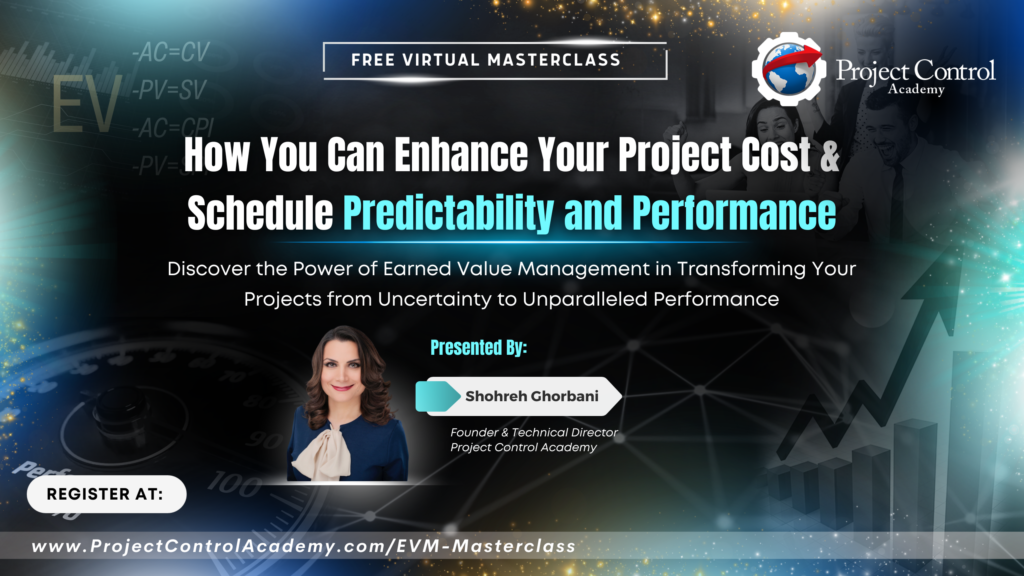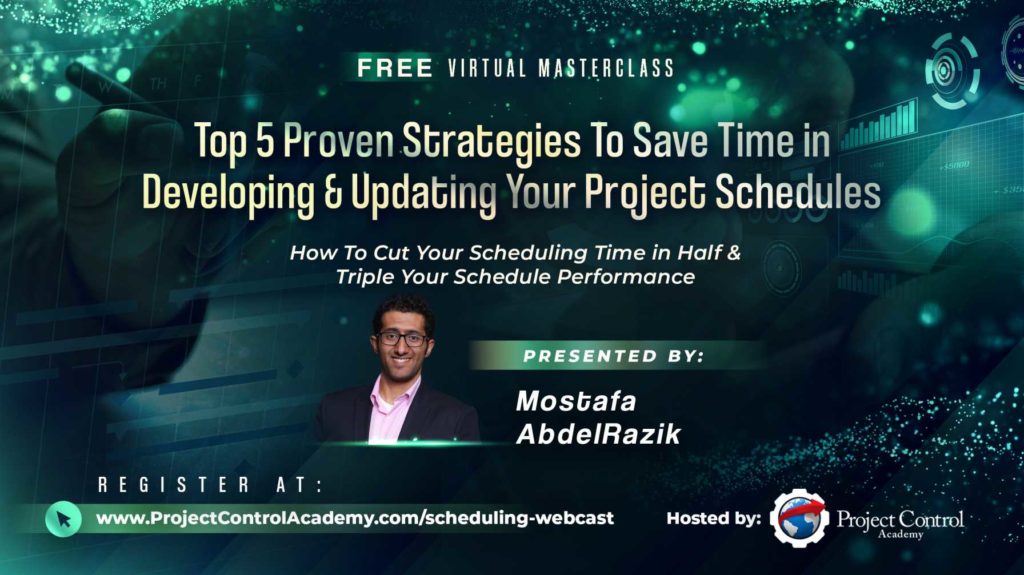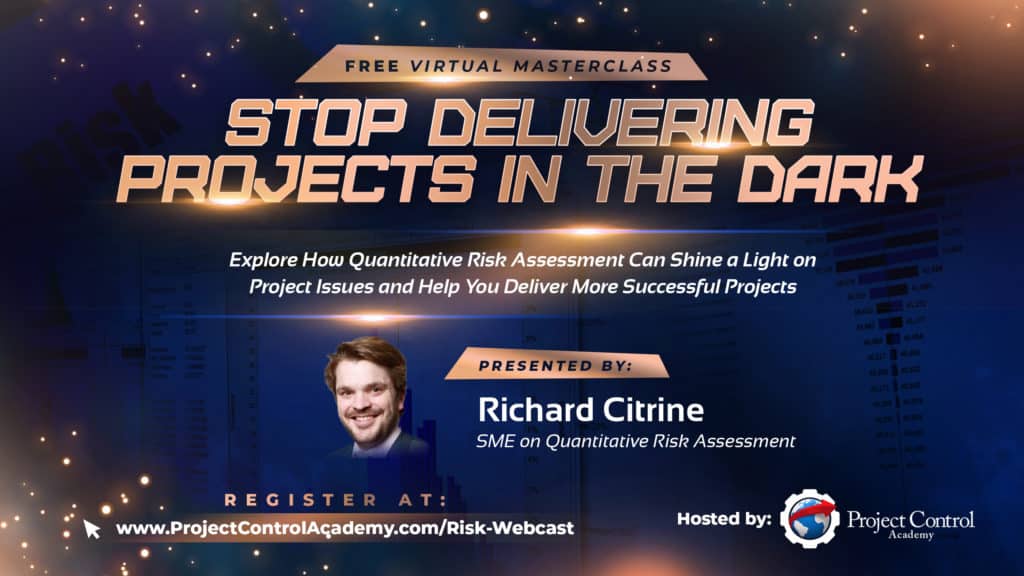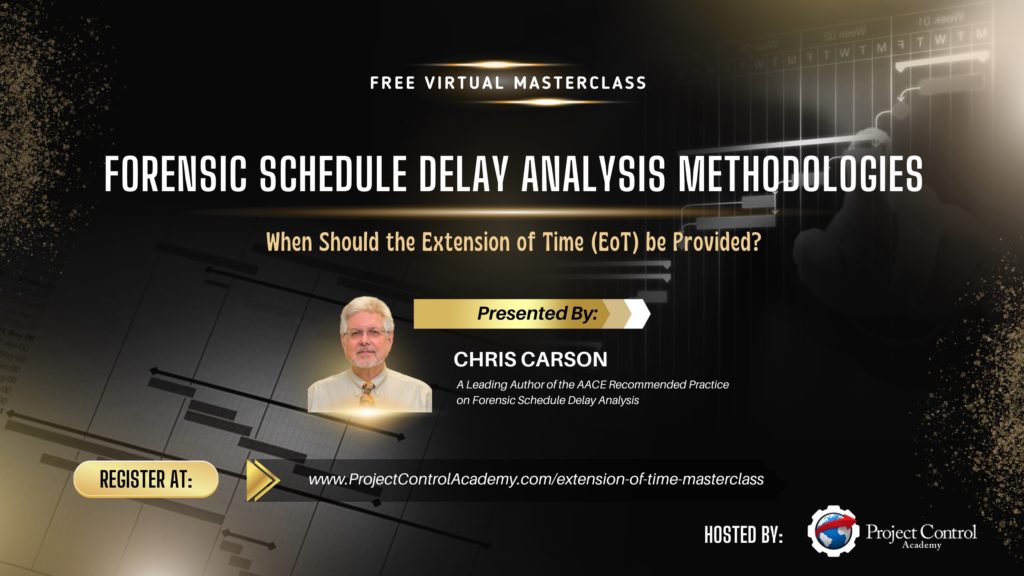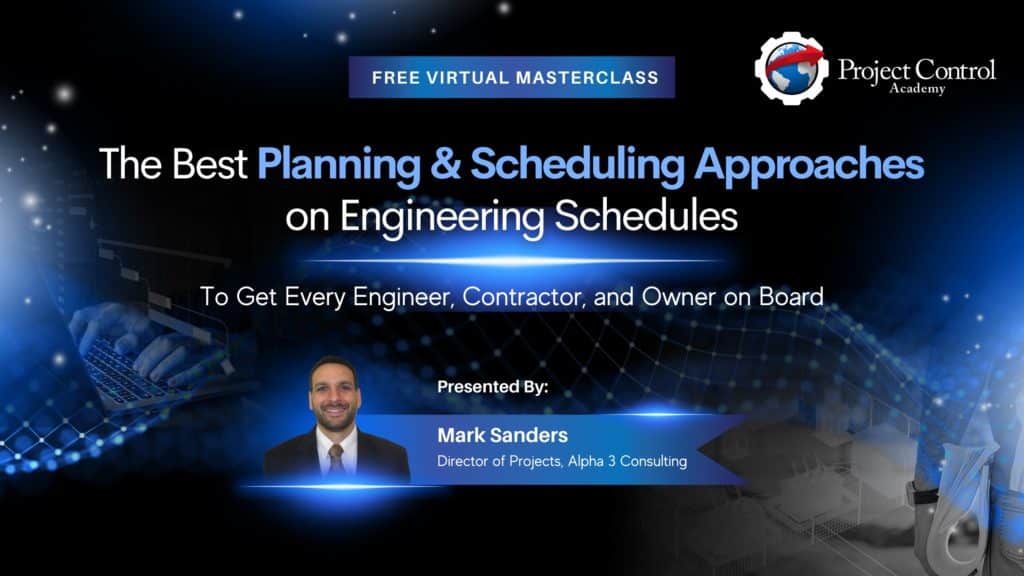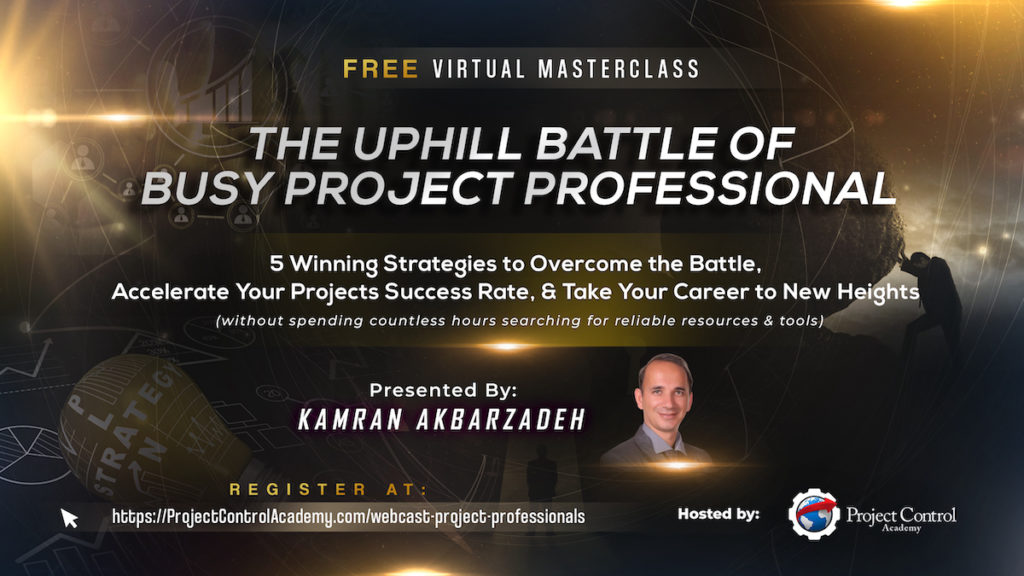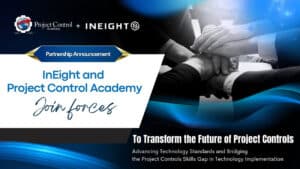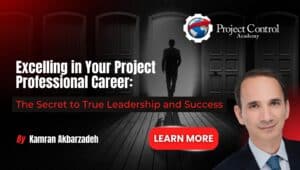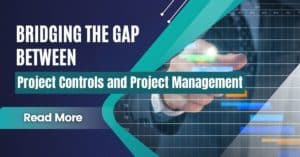Dr. Saleh Mubarak, a well-known author and an international authority in project planning, scheduling, cost estimating, and project controls, revealed secrets to success in his personal and professional life using Project Controls principles. Check this interview with Dr. Saleh Mubarak to learn more about his journey and the key to his success.
Download the free audio mp3 podcast of this episode on iTunes.
Interview Summary
I had the honor to interview Dr. Saleh Mubarak, who’s had 30 years of diversified experience in the industry and academia. Dr. Mubarak is a university professor, consultant, author, public speaker, and trainer in the field of construction project management.
Two Key Values That Shaped Dr. Saleh Mubarak’s Life
The values that shaped Dr. Mubarak’s life came from the lessons he learned from his parents.
Dr. Mubarak’s ancestors were from Algeria. He was born and raised in Damascus, Syria. His father was a member of the parliament in Syria before he was born. Later, he dedicated his life to academia as a professor and a dean. His mother was a school principal. His parents raised their children on the value of two things: discipline and education.
The Value of Discipline
Dr. Saleh Mubarak believes that discipline is the key to success. To him, however, success without contentment has little value. For success to lead to happiness, he advises us to balance our ambitions with contentment. As he says, “Don’t take your ambition to a crazy journey… You don’t have to be in the Guinness Book of Records. You don’t have to be the richest man or the longest man on this list. You want to be happy providing the best services to others and your own family.”
The Value of Education
The value of education was instilled in Dr. Mubarak very early on. Who can be a better role model than a father?
His father wrote about 30 books and dedicated his life to academia as a professor and a dean. Dr. Mubarak followed his father’s footsteps and invested in his education, wrote books, and became a university professor.
This is how it all got started…..
Dr. Saleh Mubarak got into the United States of America in early 1981. After getting his bachelor’s degree in civil engineering, he worked for a couple of years as a structural designer. He then pursued a master’s degree in structures and mechanic.
In April 1986, Dr. Saleh Mubarak decided to do his Ph.D. in construction management program at Clemson University, South Carolina. Since then he has authored two books and many articles.
The Evolution of Writing Two Great Books
First Book: How to Estimate with RSMeans Data
Dr. Saleh Mubarak started teaching his very first assignment as a district professor at North Dakota State University in Fargo, North Dakota. One of the courses that he taught there was Cost Engineering using RSMeans Building Construction Cost Data (BCCD). RSMeans BCCD, which is published annually, is the most widely used reference book for estimating construction costs in the US and Canada. Later, when he moved from North Dakota to Georgia Southern University, he started writing notes for his students to help them understand how to use the RSMeans BCCD reference book.
Over time, the size of the notes along with solved examples and exercises grew from 20 pages to over 250 pages. Later Dr. Mubarak worked with RSMeans and turned the notes into a book titled, How to Estimate with RSMeans Data: Basic Skills for Building Construction, which was published in 1999. The 5th edition of the book is coming soon.
Learn more about this book here.
Second Book: Construction Project Scheduling and Control
When Dr. Saleh Mubarak started teaching the subject of planning and scheduling, he had to use several books. He noticed that some books had technical errors and inconsistencies. As such he decided to write his own book on the subject. The book was titled Construction Project Scheduling and Control, which was published by Prentice Hall in 2004.
Construction Project Scheduling and Control provides a comprehensive examination of the analytical methods used to devise a reasonable, efficient, and successful schedule for construction projects of all sizes.
The third edition of the book, which was published by Wiley in 2015, contains new information on building image modeling (BIM) and its relationship to project scheduling and control, as well as thorough coverage of the latest developments in the field. In addition, the numerous solved and unsolved problems help students test their knowledge and apply critical thinking into issues in construction scheduling.
The book has a complete instructor’s manual, which provides solutions to all problems in the book, test questions for each chapter, and additional exam questions for more comprehensive testing.
Read more about this book here.
A 3-Step Process for Personal and Professional Attainment
Dr. Mubarak uses project controls concepts all the time, even with his wife and kids! Following is a 3-step process shared by Dr. Mubarak that is based on project controls concepts. You can use this process for your personal and professional attainments:
Step 1: Set a well-defined goal for yourself
Having the desire to be successful is not a goal because it is not well defined. You have to have a well-defined goal. For instance, Dr. Mubarak had the goal of doing his PhD because he loved teaching. The love of teaching made him do his best and achieve the goal of getting his Ph.D.
So, as the first step, write a well-defined goal for yourself. For this, you can consult with others. But don’t let others (including your mom and dad) define it for you.
Step 2: Define the plan
Once you set your goal, define a plan to get from point A (where you are) to point B (where your goal is).
In addition to the plan, you may also identify and acquire the tools that you need to go from point A to point B.
Step 3: Measure your progress towards the goal
Once you have your plan in place, take action, and measure your progress toward achieving your set goal. Don’t procrastinate.
If your plan is to achieve your goal in five years from now, you don’t want to wait four years and then say, “Oh my God, I haven’t achieved it”. You want to measure your progress. For instance, if you want to save $100,000 to buy a house in 10 years, start by saving $10,000 each year. While the goal can take 10 years to accomplish, you should not wait 10 years. You would probably wait for three months. After three months, you’d check how much you have saved. If you have not saved enough, it could be because of either your weak performance or your ambitious goal/plan.
The “110% Rule” Towards Personal and Professional Attainment
One of the rules that Dr. Saleh Mubarak addressed toward the personal and professional attainment is the 110% rule.
What does the 110% rule mean?
It means that when you set a goal, you look at your past performance, and then you multiply that by 110% or 1.1.
Why 110% and not 150% or just 100%?
It’s because 100% would mean achieving the same thing that you had achieved before, there’s no challenge there. You need to challenge yourself in improving.
Doing a 150% will likely be too much that you won’t be able motivated on taking on the challenge. When you become frustrated, there’s a possibility of you giving up and not continuing on to achieving your goals.
So the 110% rule emphasizes the importance of challenging ourselves to improve everyday, so we can attain our personal or professional goals.
Final Words…
In conclusion, all of these principles are worth taking in to apply in our everyday lives. Although personal and professional attainments are what most people are pursuing, and sometimes at a high price, Dr. Saleh Mubarak reminds us to take care of our health as well.
“Do not push yourself beyond the limits because you want to be healthy in terms of body, mind and soul – for yourself and for your loved ones. “
He reminded us that every one of us will leave this world at some point, and the world will continue without us. We should not let the destination take us away from the ride. So, we should enjoy the ride towards our destination.
We’d love to hear from you. Please let us know what you’ve learned from this interview. Please post your questions and comments. There is a comment box below the video or audio post in which you can post your questions and comments. Also, if you know of a great author in the field and would like us to interview him or her, please let us know.
About Dr. Saleh Mubarak
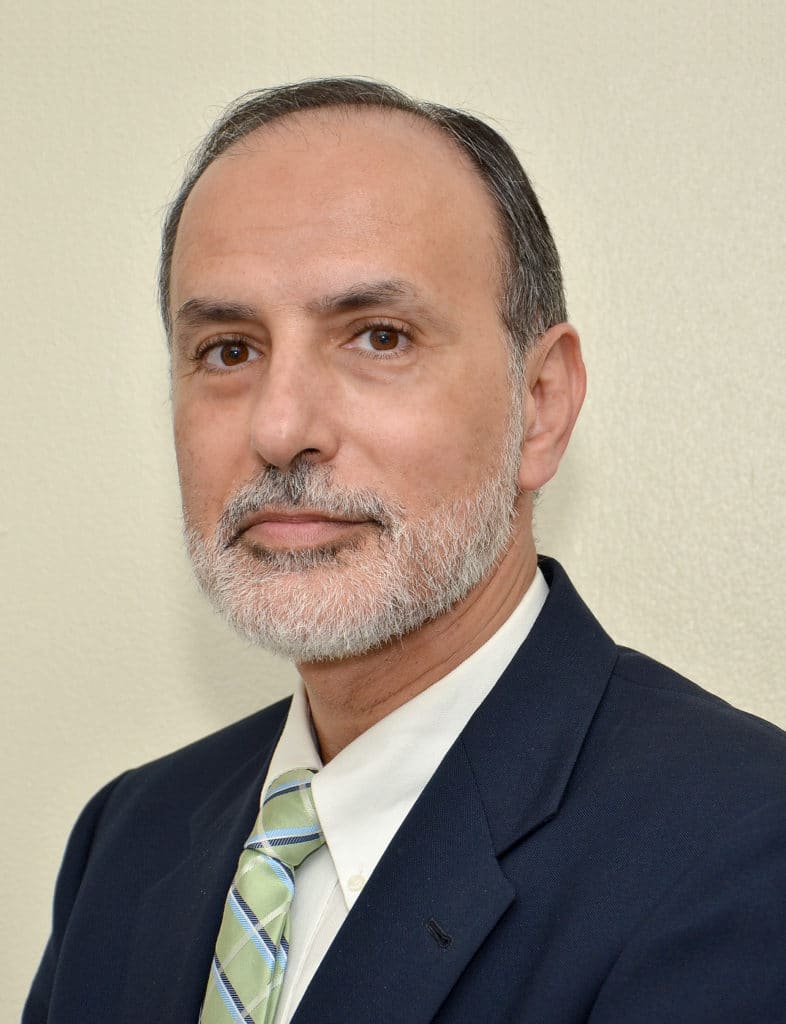
Dr. Mubarak is a construction project management professor, consultant, author, public speaker, and trainer.
He obtained his Ph.D. in civil engineering, specialized in Construction Project Management.
He has over 30 years of diversified industrial and academic experience. He has worked in the private and public sectors, both in the U.S. and internationally. Positions he held includes project engineer/manager, cost estimator, planner/scheduler, project controls manager, cost manager, and training manager.
He also served as the faculty member/professor, and head of department.
He has extensive experience in continuing education and professional training around the world. Topics are mainly technical but also include soft skills. Have been doing a lot of volunteer presentations and training in professional conferences such as PMI, AACE International as well as many local, regional, and international events.
He is the author of “Construction Project Scheduling and Control” and “How to Estimate with Means Data: Basic Skills for Building Construction”. Dr. Mubarak is not only an authority on project planning, scheduling, and project control, but also he is an advocate of holistic healthy living.
About the Interviewer, Dr. Kamran Akbarzadeh
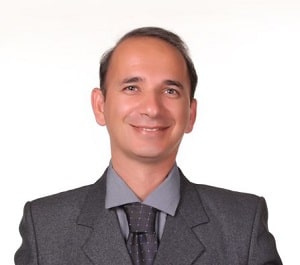
Dr. Kamran Akbarzadeh is co-director of Project Control Academy and founder of Dream Achievers Academy. With his Amazon best-selling and international award-winning book, Leadership Soup, Kamran is an internationally recognized leadership and success expert.
With years of experience as project manager and subject matter expert in big oil and gas companies, and as a successful entrepreneur, Kamran believes that everyone has the potential to achieve what he or she truly wants in life. His desire for adding value to people and helping them grow and achieve their dreams and visions motivated him to establish Dream Achievers Academy and write his second book Get What You Want, which also became an award winner.
Kamran’s vision is to passionately add value to people around the world and inspire them to realize their potential and fulfill their dreams. And his mission is simply to serve.
As an inspiring and motivational speaker, seminar leader, and coach, Kamran equips his audience with profound tools, techniques, and solutions to hone their skills, increase their influence, get what they want, and achieve long-lasting success in their personal and professional lives as a result.
Kamran holds a PhD in Chemical Engineering, PMP with Project Management Institute, and Distinguished Toastmaster (DTM) with Toastmasters International.
Resources
- Audio version of the interview with Dr. Saleh Mubarak on Project Controls Mastery Podcast
- How to Estimate with RSMeans Data: Basic Skills for Building Construction Book by Dr. Saleh Mubarak
- Construction Project Scheduling and Control Book by Dr. Saleh Mubarak
- Project Controls Training Programs
- Project Controls Video Tutorials

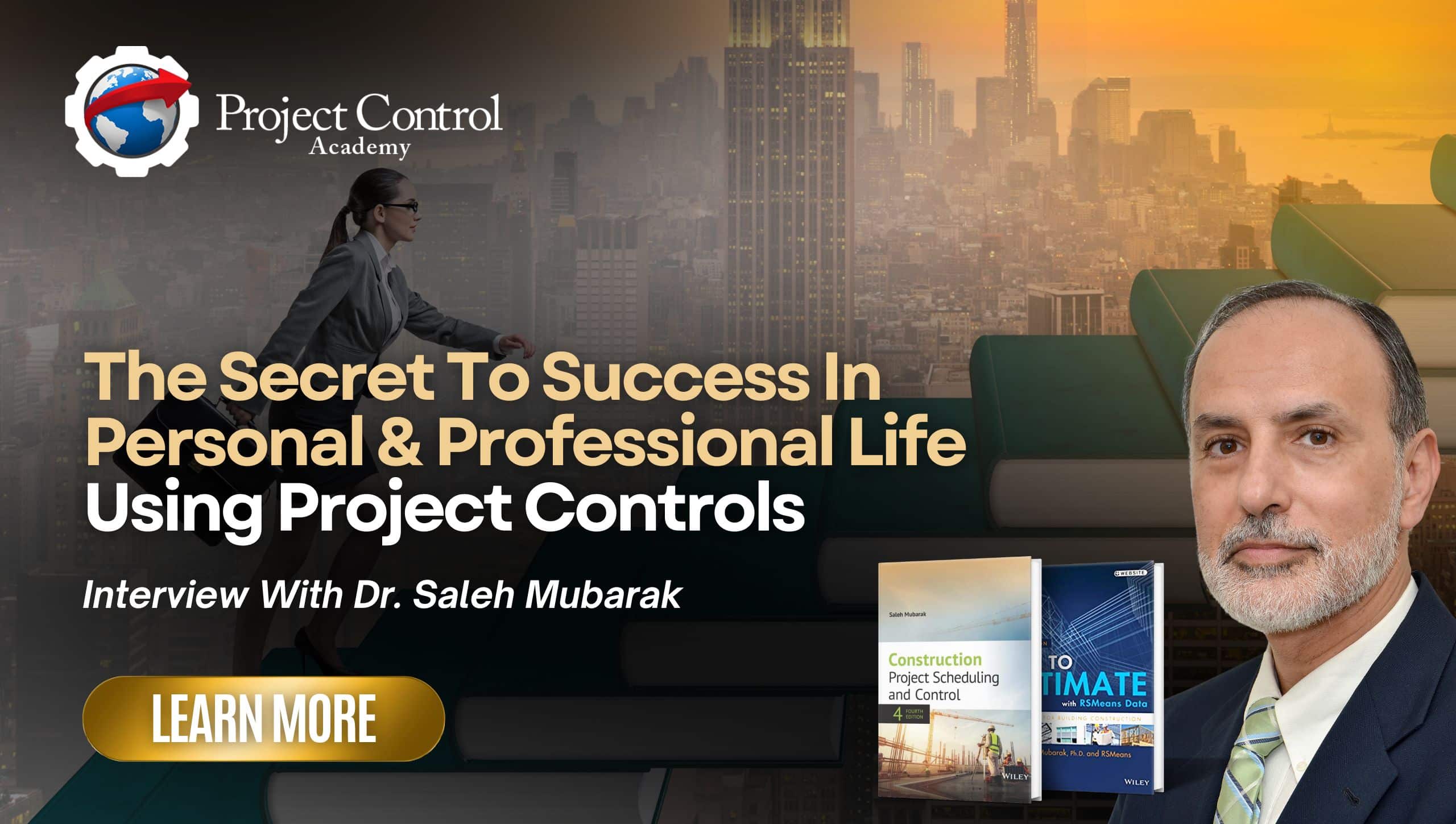


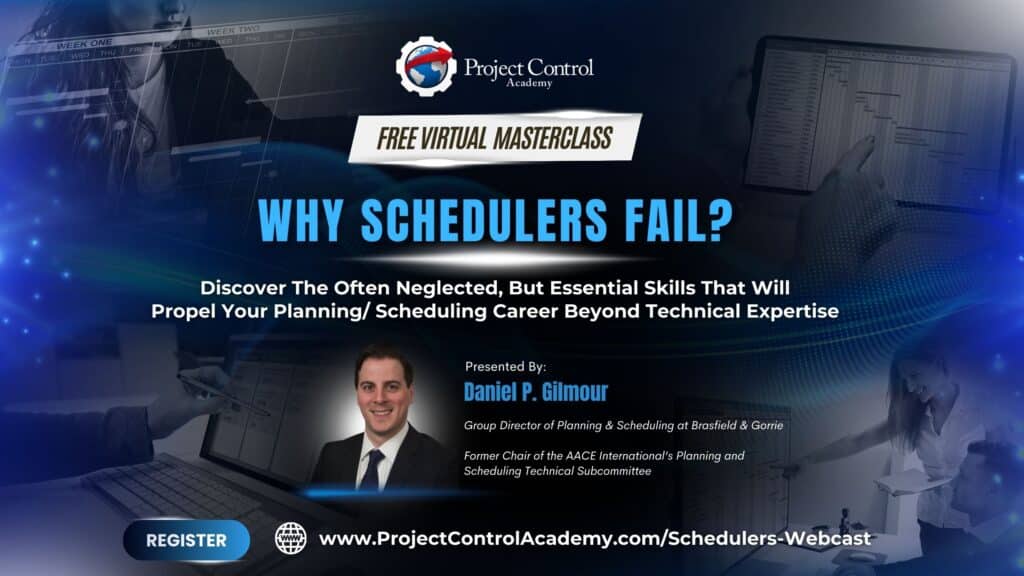
![[Free 90-min Masterclass] The Ultimate Leadership Recipe for Project Professionals](https://www.projectcontrolacademy.com/wp-content/uploads/2024/08/4-1024x576.jpg)
